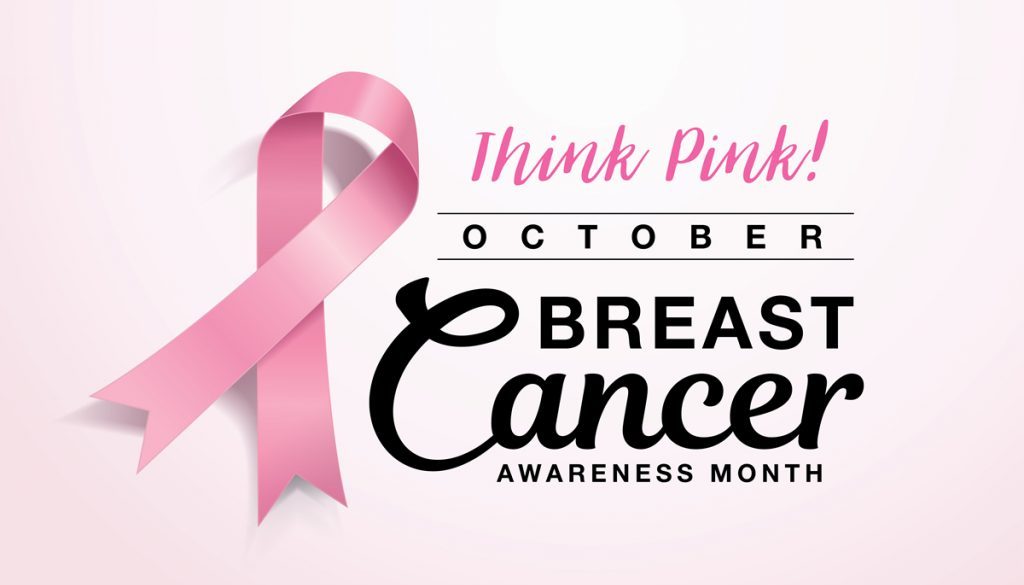October: Breast Cancer Awareness Month
As October is upon us, let’s take a moment to think of the women we love who have dealt with (& dealing with) this upsetting diagnosis. To those we lost and to the survivors – we keep you near and dear.
Yes, we are busy. We have long to-do lists. So can’t we add a 30 minute mammogram to that list? Did you know that many times breast cancer can be detected early based on getting a regular screening? Making time for this can save your life. If you have not done so yet, consider scheduling an appointment today!
EARLY SCREENING CAN SAVE YOUR LIFE!
It doesn’t hurt (well, maybe a little uncomfortable) and can be done in a matter of minutes, however, it is lifesaving. In many ways, this type of cancer, when caught early, is highly treatable with a good success rate. Make that appointment NOW!
Did you know that in its earliest stage, self-examination is not likely catch it?
Did you know more than 90% of women diagnosed with breast cancer at the earliest stage survive their disease for at least 5 years compared to around 15% for women diagnosed with the most advanced stage of disease? At an early stage, treatment is more localized and therefore less painful for the patient and their loved ones.
The bottom line is this – the use of a breast cancer screening can save your life. Early detection makes it possible for you to get it cared for right away. This maximizes your chances to live as well as allows you to have the confidence you need going forward.
WHAT SHOULD YOU DO?
Screening tests are designed to make it possible to find breast cancer long before there are any symptoms present. Most of the time, a breast exam should be done by your gynecologist at your annual exam as well as on your own each month. Here are some guidelines to remember about screenings: (these guidelines are based on women with average risk)
- Women aged 40 to 44 years should have the choice to start annual breast cancer screening with mammograms. The risks of screening as well as the potential benefits should be considered.
- Women aged 45 through 49 should get mammograms annually.
- Women aged 50 to 54 years should get mammograms every year.
- Women aged 55 years and older should switch to mammograms every 2 years, or have the choice to continue yearly screening. This type of screening is only allowable at a reduced frequency when the individual has no history of breast cancer.
- Women aged 75 or older: Current evidence is insufficient to assess the balance of benefits and harms of screening mammography in women aged 75 years or older.
It is important to still conduct self-examinations. In addition to this, it is important to follow up with a doctor if you have any concerns. If possible, encourage your friends to get a screening as well. This is by far the most powerful step you can take in protecting your health long-term and allowing you to get early treatment if you need it. This can be life-changing, and it only takes a matter of a few minutes to complete.




